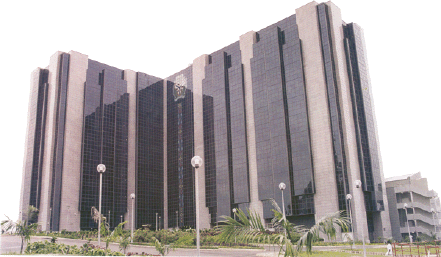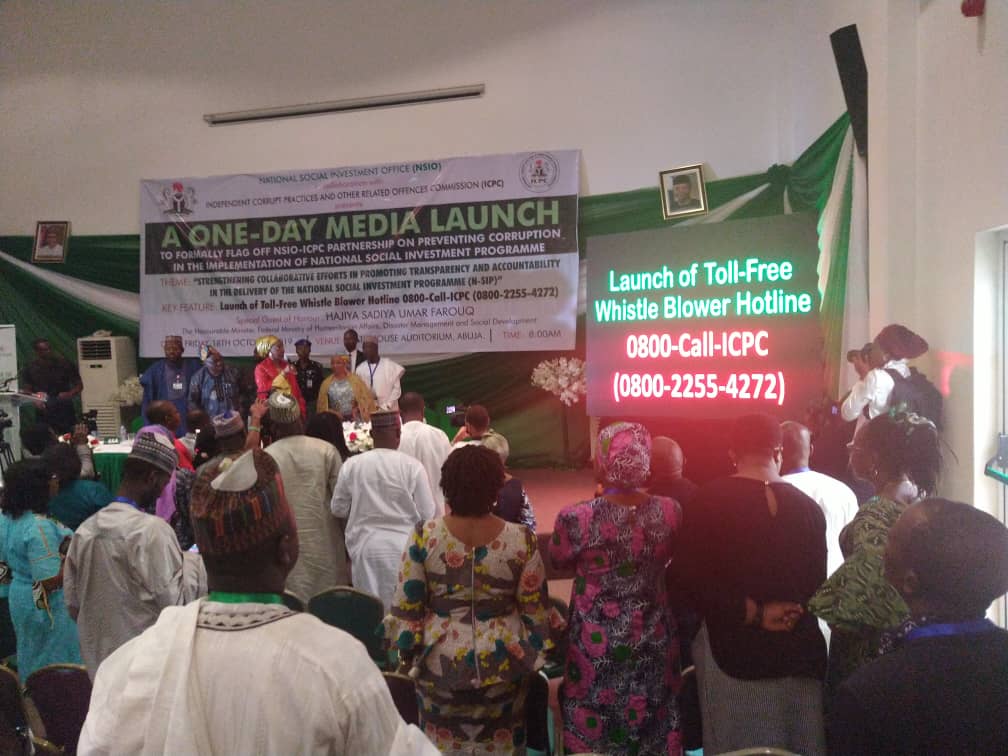The power of cash comes from the fact that it is tangible; this mystique is what ensures that a set of rectangular notes or circular coins can give effect to the laws of demand and supply. This character confers physical money with the overwhelming influence it possesses in societal relations. Money in its physical form was apparently what a sage in the scripture had in mind when he ascribed to it the power to “answer all things.” Down the line however, the holy writ, cognizant of the abuse and the misuse to which money could be subjected, warned that the love of money is a root of all kinds of evil. What this implies is that even in pre-modern economies, there was an understanding of the need for control and vigilance to prevent the misuse of money in its physical form as an instrument of societal damage.
This reality comes to mind in the context of the recent efforts by the Central Bank of Nigeria (CBN) to give renewed fillip to its nearly one decade old policy of driving the economy towards a cashless system. Under the policy, withdrawals and deposits of physical cash will attract processing fees payable by individuals or corporate owners of bank accounts involved. According to the CBN, the measure is being pushed through to realise the stated policy goal of bringing about a cashless system. With a test run slated to begin on September 18 in Lagos, Kano, Rivers, Ogun, Anambra, Abia and the FCT, the full implementation across the country would get underway in March 2019. In the early years when the policy was first muted, the implementation merely tested the waters especially in the context of other reforms in the banking sector. There was the bank consolidation, towards the goal of building a financial system with the capacity to provide world class services and drive financial inclusion. Put another way, the idea to go cashless was being pushed hand in hand with other set of reforms to ensure Nigeria’s financial system is not left behind in the fast paced global system, which had been radically reshaped as a result of technological innovation.
As expected, the mixed bag of reactions, which have trailed the move by the CBN has threatened to eclipse the fine policy intentions of the push towards a cashless system. The generic misgivings against the policy which is nearly one decade old in terms of when the broad policy idea was first muted, try to gain legitimacy from the prism of the abruptness of the implementation. Also, bank customers who are already groaning as a result of myriad of extortionate charges by the banks have tended to conflate the CBN’s move as yet another green light to banks to further squeeze customers. The plank of convenience is another major platform on which the traducers of the CBN’s efforts have anchored their opposition. This reasoning is that given the challenges which have become synonymous with online payment systems, as well as connectivity issues precipitated by failure of technology in Nigeria, the steps towards a cashless system have been considered hasty. It is however pertinent to state that whenever the pros and cons are properly scrutinized, it would be realised that what the CBN is doing is to take the bold step of putting Nigeria on the road it should be in terms of evolving a financial system driven by the global best practice. The global best practice in terms of financial engineering frowns on the use of voluminous cash for transactions because of the many risks it precipitates.
One dimension of the push towards a cashless system is the implications for national security. Stakeholders in the security sector, anti-corruption agencies and the broader law enforcement architecture should be very much interested in what the CBN is doing because the ramifications would also be of interest for security and law enforcement. As a country that is being affected on many sides by different threats of insecurity, there have been fundamental questions about where the criminals get the funding to perpetrate, and sustain criminal activities on the scale that is being witnessed in Nigeria. The Boko Haram insurgency for instance has gone on for one decade with the nation’s security architecture still grappling with unraveling the sources of monies that have sustained the insurgency for so long. The role of physical cash in sustaining these kinds of activities is worth looking at.
According to a 2015 report by the Financial Action Task Force (FATF), across the globe, cash still holds sway in the settlement of payments. FATF notes that despite the increasing prevalence of non-cash payment methods in developed economies, cash remains an important means of settlement across the globe, with an estimated USD 4 trillion in circulation and between 46 percent and 82 percent of all transactions in all countries being conducted in cash. Highlighting the risks, the Task Force talks about how cash is widely used in the criminal economy and that it remains the raw material of most criminal activity. The FATF further informs that in many cases, even when the proceeds of a crime are initially generated in electronic form (such as the theft of funds from a bank account), criminals choose to withdraw the funds from a bank account in cash, transport it to another country, and pay it into another account in order to break an audit trail. It has long been documented that physical transportation of cash across an international border is one of the oldest and most basic forms of money laundering.
In the face of the risks, which come with cash based transactions, it is clear that even the international financial system would be interested in ways to curtail such. In this light, the efforts of the CBN with respect to the push for a cashless system are very much in line with where the world is headed. Even if Nigeria shows reluctance to taking these steps, it would eventually be compelled to do so. There is therefore no running away from the hard decisions because the world is not waiting. Moreover, the push towards a cashless system does not imply the total eradication of physical cash. What it means is that there will now be control to ensure the volume is known and that the activities of shadowy elements are not further aided with big volumes of cash. The FATF thinks serious and organised criminals who often seek to launder large amounts of cash may see the risk of detection at air and sea ports as being lower than the risks associated with leaving an evidence trail, and having proceeds of crime reported officially when transactions are undertaken through the formal financial system. In the end, what the CBN is doing with the push towards cashless has economic and security benefits. These considerations would definitely outweigh the generic misgivings against the implementation of the policy.
Reasoning Together On CBN’s Efforts to Curtail Voluminous Cash

Previous Post
Second Phase Abacha Loot Monitoring: ANEEJ Conducts Training across Geopolitical Zones
Next PostCommendations As NSIO-ICPC Flags Off Partnership To Tackle Corruption in National Social Investment Programmes






















